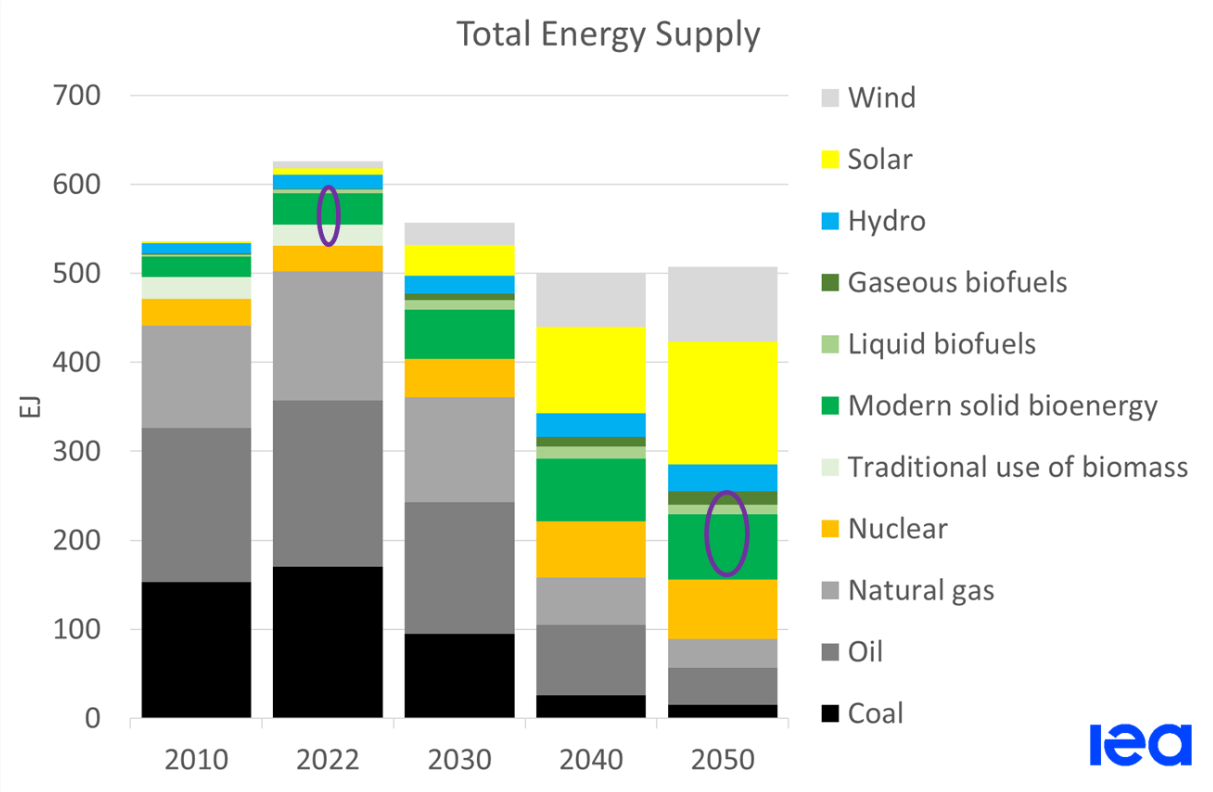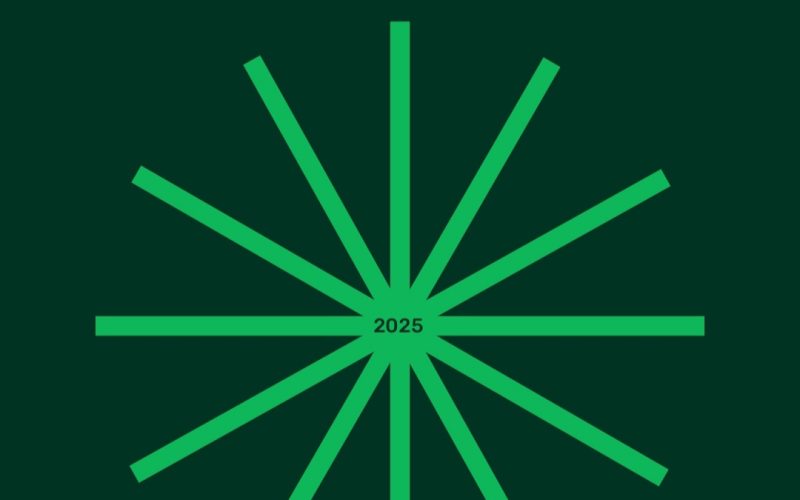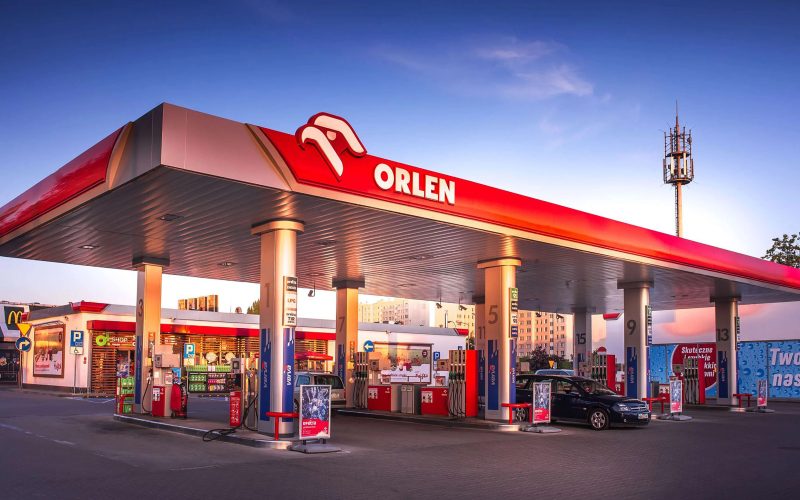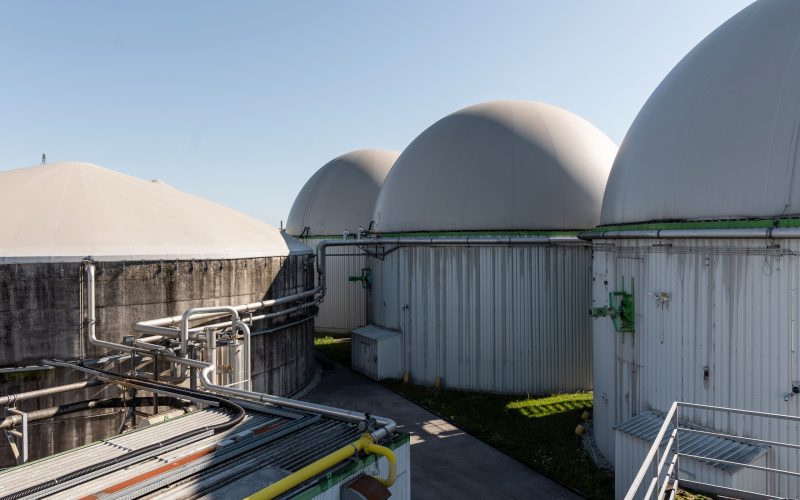Bioenergy in the energy transition and impact on global biomass use
According to the IEA’s Net Zero Emissions 2050 (NZE) roadmap, a total energy supply of around 100 EJ would be provided by biomass, up from 60 EJ currently.
For the SAF platform, we have prepared a material on bioenergy in the energy transition. The International Energy Agency (IEA) sees an important role for bioenergy in this.
Of the anticipated total global bioenergy demand in 2050, around 60% would be solid bioenergy, almost 30% liquid biofuels, including energy use for their production, and over 10% biogases. Demand is concentrated in sectors that are either hard to electrify or require a low-cost dispatchable source of renewable energy.

Main points
60% of the required biomass would consist of waste and residue streams such as agriculture and forestry residues, industrial side-streams and organic municipal waste. The other 40% would be obtained from crops and trees that are either produced along with food and feed crops or in dedicated bioenergy crop cultivations.
The increase in short-rotation woody or grassy biomass production in marginal lands and pastureland would also have a positive impact on emissions from land use.
Total land use for bioenergy crops in the NZE scenario would amount to 140 million hectares in 2050, i.e. 3% of global agricultural area.
Electricity
Biomass use for electricity generation can support expansion of intermittent renewables such as solar PV and wind, to accelerate decarbonization.
In the IEA NZE roadmap, 5% of power production would come from bioenergy, playing a role in firming up the power grid (dominated by renewables).
Transport
Biofuels provide a quick replacement for fossil fuels for the existing fleet, which is dominated by internal combustion engines (ICEs).
As electrification continues, demand is expected to grow from aviation (sustainable aviation fuel, SAF), maritime shipping (e.g. biobased diesel, bio-methanol, bio-LNG) and also long-distance heavy duty land transport (renewable diesel).
Read the full material with items on industrial and emissions on the SAF platform.
We remind you that UABIO is a partner of the Sustainable agribusiness platform (SAF).
SAF is a communication platform that brings together agribusiness stakeholders and aims to establish strong links between market players and introduce sustainable approaches in agriculture. For this platform, our team prepares verified professional content on the bioenergy sector.


